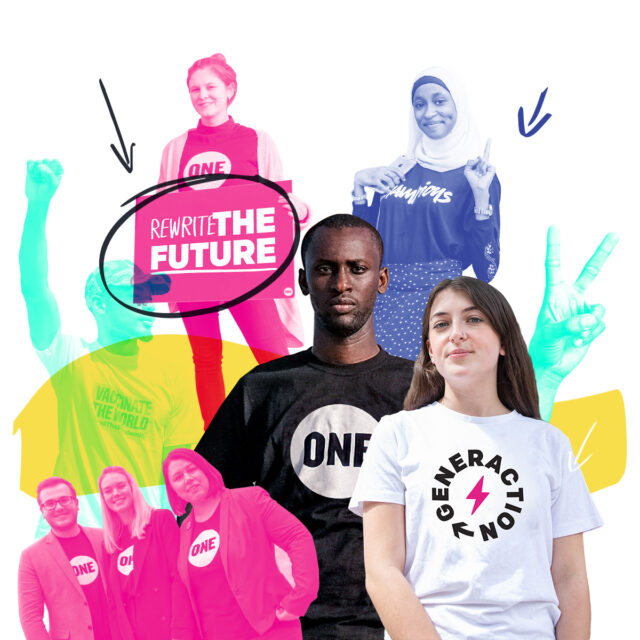At the start of the COVID-19 crisis, wealthy countries ripped up the economic rulebook to support their people and economies through the crisis but the response globally and support for other countries who didn‘t have the same luxury has been a little more lacklustre. This hampered many low-income countries’ abilities to respond to the pandemic, particularly against the backdrop of a growing economic crisis, unsustainable debts, and a liquidity crisis.
It’s now been over 18 months since the start of the pandemic, so where is the global economic response?
A deficit of global leadership?
We have seen some glimpses of real leadership in taking forward the global pandemic response, but we‘ve also seen some examples of bad leadership. Here‘s a summary:
The good:
- Earlier this year, the IMF governors agreed to a new $650 billion general allocation of Special Drawing Rights (SDRs) to boost global liquidity and aid the economic recovery from the pandemic. This historic decision showed that multilateralism can work when there is political will.
- Debt repayments were also temporarily suspended (until the end of this year), which provided many African governments with a space to breathe in the impossible choice between meeting their debt repayments and responding to the pandemic. Many leaders spoke about the world recovering together and the need for a global economic response plan.
The not so good:
- But despite those positive signs and warm words, action is still too slow and too little on a serious global plan to tackle the economic aftershocks of the pandemic for vulnerable countries.
- Meanwhile, according to our ONE Africa COVID-19 Tracker, Africa is currently facing an additional financing need of $285 billion through 2025 to JUST respond to the pandemic, and that‘s just the tip of the iceberg.
What needs to happen?
If we‘re serious about ending this pandemic for good, we need to start utilising all of the tools on the table. This means we need political commitments from wealthy countries to share the majority of their allocation of SDRs, also known as ’recycling,‘ with countries that need more resources to fight the pandemic. Political will is key here. Having spent trillions in their pandemic response and recovery, they have much less need of the additional support. Wealthy countries have received $400 billion of the $650 billion in SDRs – that‘s almost two-thirds of all the new SDRs – while low-income countries as a whole got US$21 billion.
Wealthy countries have received $400 billion of the $650 billion in SDRs – that‘s almost two-thirds of all the new SDRs – while low-income countries as a whole got US$21 billion.
In parallel, as the risk of a major debt crisis in Africa continues to grow and with the debt suspension scheme ending this year, we must make sure that the Common Framework we‘ve got to replace it is actually viable. This means all actors participating equally, particularly the private sector, and a transparent process so debt restructuring is fair and works in the long term.
A double standard in response
What happens if we don‘t take this unequal recovery seriously? Let‘s look at the global reality. Half of the world is starting to future-proof for the next pandemic, securing the highest vaccination rates and spending trillions in their economies. Meanwhile, the other half continue to be engulfed by the aftershocks of the pandemic.
We have a moment to act and stop a growing economic divergence that will not only prolong the pandemic, but also see millions of more people facing extreme poverty, increase our vulnerability to future health threats, weaken the global response to climate change, threaten jobs, business and jobs, and hamper global trade.
Time is running out. We need bold and ambitious action to make sure that every single country has a fighting chance in recovering from the economic impact of COVID-19. There‘s no time to waste – the real work needs to start now.
Find out more about the great divergence in economic pandemic recovery by watching our live event with the Paris Peace Forum via Twitter and Linkedin.



